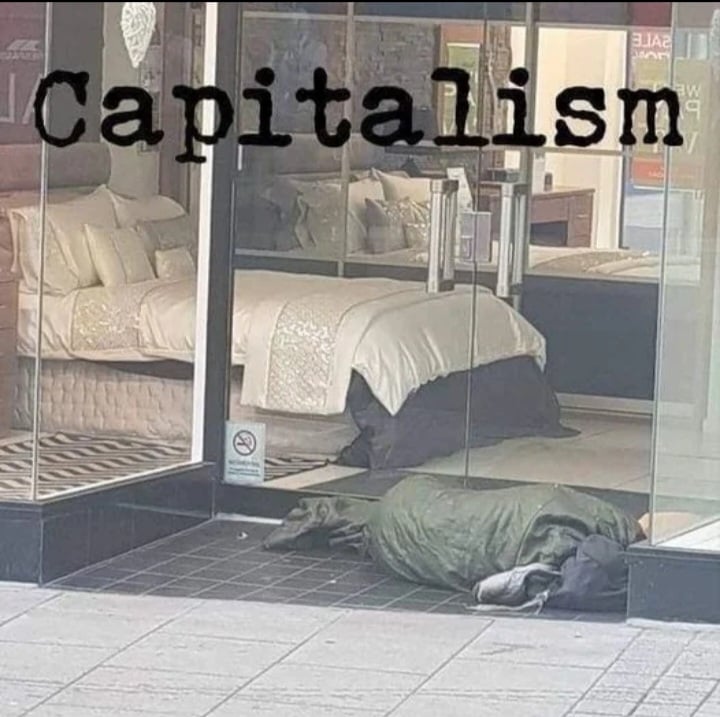this post was submitted on 04 Dec 2023
1258 points (87.9% liked)
A Boring Dystopia
15512 readers
646 users here now
Pictures, Videos, Articles showing just how boring it is to live in a dystopic society, or with signs of a dystopic society.
Rules (Subject to Change)
--Be a Decent Human Being
--Posting news articles: include the source name and exact title from article in your post title
--If a picture is just a screenshot of an article, link the article
--If a video's content isn't clear from title, write a short summary so people know what it's about.
--Posts must have something to do with the topic
--Zero tolerance for Racism/Sexism/Ableism/etc.
--No NSFW content
--Abide by the rules of lemmy.world
founded 2 years ago
MODERATORS
you are viewing a single comment's thread
view the rest of the comments
view the rest of the comments

Define 'limited.' Because limits include trained manpower, right? There's only a certain amount of that. Our ability to provide certain drugs for everyone who might need them are limited by the number of people trained to make them. This is true of virtually any industry. It is as limited as the number of people who can make it usable. And that is usually not an 'anyone can do this' issue.
Labor of any stripe is abundant. In an economy that doesn't prioritize profit, people would be able to pursue specialized jobs that they want to contribute towards. For example, after the modernization of the USSR, they had the most doctors of any country in the world and healthcare was made accessible for millions of people. Our growth as a society is limited by the amount of cooperative labor we have available, but it's not a limited resource.
In contrast, capitalism is reliant on a reserve pool of labor to keep wages down. If someone remains in the reserves for too long, they become homeless because every aspect of life has been commodified.
I'm not talking about labor, I'm talking about specialized labor. Which is limited not just to numbers but to numbers willing to be trained in that field.
Which specialized labor do you think would be in short supply in a non-market economy?
I gave a specific example already.
Pharmacology? It's a science like any other. Pharmacists talk constantly about how their wages are actively being depressed because of intentional understaffing. The hypothetical you're presenting is a reality under capitalism.
Most pharmacists dispense drugs, they don't make drugs. You are being disingenuous.
That's due to supply chain efficiencies to make labor and medication cheaper to make. Pharmacists are trained in making medicine.
No it isn't. It's due to training. You can't just walk into a production facility and start making Zoloft. And there is absolutely no guarantee that you will get enough people trained to know how to make Zoloft to keep up with demand. Because that, in part, is based on people's willingness to work in a Zoloft production facility.
So unless you're talking about forced labor, that is an example of supply not necessarily meeting demand.
Zoloft is mass manufactured in vats that produce thousands of pills each. Unfortunately the pharmacists that created Zoloft for Pfizer probably didn't see a lot of benefit from it. Zoloft saw supply chain issues in the pandemic because of "just in time" supply chain practices.
I feel like you're imagining boutique drugs in this conversation. Boutique drugs are made onsite, typically in small pharmacies that specialize in making that drug, and are made for extremely rare conditions. I think people would flock to the field to solve all sorts of conditions that effected them or someone close to them